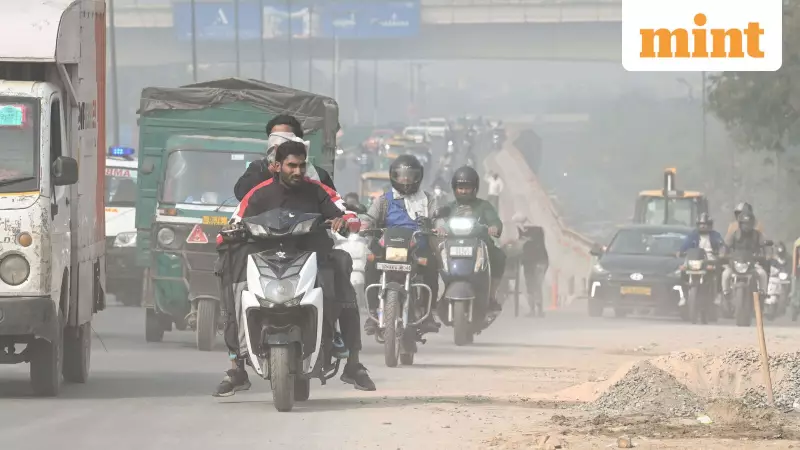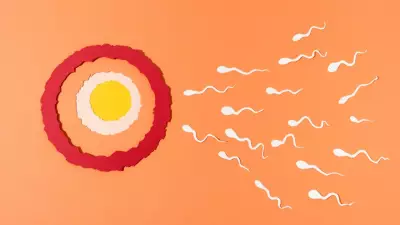
Delhi's air quality crisis intensified on Tuesday as the city woke up to hazardous pollution levels, with the Air Quality Index (AQI) hitting 413 and entering the 'severe' category. The alarming spike prompted immediate government action, including the implementation of Stage III measures under the Graded Response Action Plan (GRAP).
Delhi's Pollution Emergency
The national capital recorded an AQI of 413 at 7:05 AM on Wednesday, according to data from the Central Pollution Control Board. This reading places Delhi in the severe pollution category, posing significant health risks to residents. The situation had been deteriorating over previous days, with pollution levels crossing the 400 mark on the 500-point AQI scale on November 11.
Out of 39 air quality monitoring stations across Delhi, a staggering 33 stations recorded air quality in the severe category, indicating widespread pollution exposure throughout the city. The Commission for Air Quality Management (CAQM) attributed the worsening conditions to stable atmospheric conditions and unfavourable weather patterns that prevent pollutant dispersion.
Health Impacts and Emergency Measures
The health implications of prolonged exposure to such poor air quality extend far beyond immediate respiratory problems. Research indicates that chronic exposure to high pollution levels can lead to serious long-term consequences, including increased cancer risk and weakened immune systems.
According to the State of Global Air 2025 report, India recorded over two million deaths linked to toxic air in 2023 alone. Experts have identified South Asia, including Delhi, as having among the highest concentrations of PM2.5 particles worldwide, signaling a deepening environmental and public health crisis.
In response to the emergency, the Central government invoked Stage III of GRAP on November 11. This includes several anti-pollution measures designed to reduce pollution levels and protect vulnerable populations.
Educational Disruption and Preventive Actions
One of the most significant measures implemented affects Delhi's education system. Schools up to Class 5 in Delhi-NCR have shifted to hybrid teaching mode, allowing students to attend classes either online or in person based on their access to digital infrastructure like computers and internet connectivity at home.
This precautionary step aims to protect young children, who are particularly vulnerable to the harmful effects of air pollution. The hybrid approach provides flexibility while ensuring educational continuity during the pollution crisis.
As Delhi continues to grapple with this environmental emergency, authorities are monitoring the situation closely and implementing additional measures under GRAP Stage III to bring pollution levels under control and safeguard public health.





